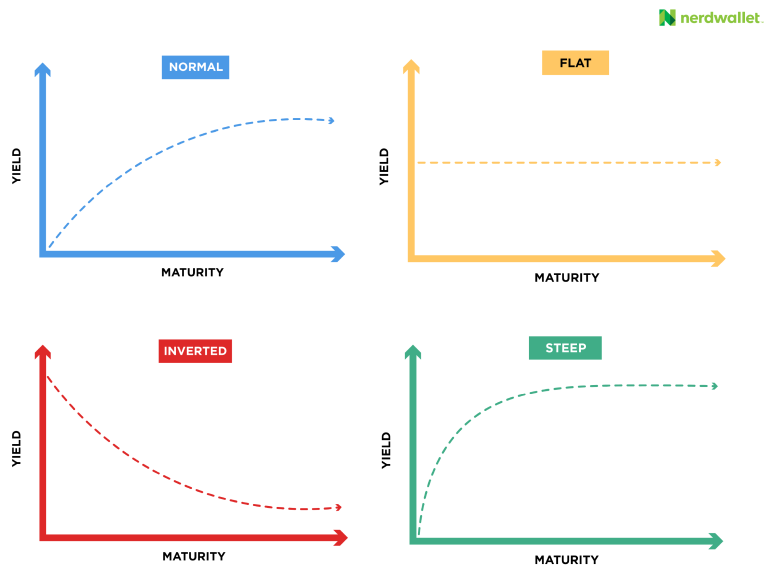Auto Dealers Intensify Opposition To Electric Vehicle Requirements

Table of Contents
Financial Concerns Driving Dealer Opposition
One of the primary drivers of dealer opposition to stricter EV requirements is the significant financial burden associated with adapting to the new landscape. The shift to EVs necessitates substantial upfront investments that many dealerships, particularly smaller ones, find challenging to absorb.
The high cost of installing and maintaining the necessary infrastructure is a major hurdle. This includes the installation of Level 2 chargers for home use and the significantly more expensive DC fast chargers needed for public charging networks. Dealerships must also invest in specialized training for their technicians to service and repair the complex electric drivetrains and battery systems of EVs. This adds to their operational costs and reduces overall profitability in the short term.
- High cost of installing Level 2 and DC fast chargers: The expense of procuring, installing, and maintaining these charging stations can run into tens of thousands of dollars.
- Need for specialized EV technician training: Training existing mechanics to work on EVs requires substantial investment in courses, tools, and updated certifications.
- Lower profit margins on EVs compared to ICE vehicles: Currently, profit margins on EV sales are generally lower than those on internal combustion engine (ICE) vehicles, impacting dealer revenue.
- Uncertainty surrounding future EV demand and government incentives: The long-term viability of EV sales and the stability of government incentives remain uncertain factors influencing dealer investment decisions.
These financial constraints disproportionately impact smaller dealerships with limited resources, potentially threatening their viability in the face of these mandates.
Concerns Regarding Consumer Demand and Market Readiness
Beyond financial concerns, many dealers express doubts about the current market readiness for widespread EV adoption. While EV sales are growing, significant challenges remain in terms of consumer acceptance and infrastructure development.
Range anxiety – the fear of running out of battery power before reaching a charging station – remains a major barrier to EV adoption. This is further compounded by the limited availability of public charging infrastructure, particularly in rural areas.
- Limited public charging infrastructure in many areas: The current network of public charging stations is inadequate to support widespread EV adoption.
- Concerns about EV range and charging times: Current EV ranges and charging times still fall short of the convenience offered by gasoline vehicles.
- Higher initial purchase price of EVs compared to gasoline cars: The higher upfront cost of EVs remains a significant obstacle for many potential buyers.
- Lack of consumer awareness about EV benefits and incentives: Many consumers remain unaware of the environmental and financial benefits of EVs, as well as the various government incentives available.
To overcome these hurdles, increased consumer education campaigns highlighting the advantages of EVs and expanded investment in charging infrastructure are crucial. Government incentives can also play a vital role in stimulating demand.
The Impact of Electric Vehicle Requirements on Dealer Networks
Stringent EV mandates pose a significant threat to the existing automotive dealer network, with potentially far-reaching consequences. The pressure to invest heavily in EV infrastructure and training, coupled with potentially lower profit margins on EV sales, could lead to dealership closures or downsizing.
- Job losses due to dealership closures or downsizing: The economic pressures could result in significant job losses within the dealer network.
- Strain on dealer networks due to increased investment requirements: The substantial financial burden could lead to financial instability and strain within dealer networks.
- Potential for consolidation within the automotive retail sector: Smaller dealerships may be forced out of business, leading to increased consolidation within the sector.
- Impact on rural dealerships with limited access to EV infrastructure: Rural dealerships face particular challenges due to the limited availability of charging infrastructure in their areas.
This potential disruption in the automotive sales ecosystem necessitates a careful and considered approach to implementing EV mandates.
Alternative Solutions and Compromise Proposals
Addressing the concerns of auto dealers while promoting the transition to electric vehicles requires a collaborative effort and a balanced approach. Compromise proposals could include:
- Phased approach to EV mandates: A gradual increase in EV sales quotas would give dealers time to adapt and invest in the necessary infrastructure.
- Government subsidies and tax credits for dealers investing in EV infrastructure: Financial assistance would alleviate the burden of upfront investments.
- Increased consumer awareness campaigns to promote EV adoption: Educating consumers about the benefits of EVs would stimulate demand and reduce the risk for dealers.
- Incentives for early adopters to stimulate demand: Offering incentives to early EV adopters could help accelerate market penetration and improve dealer confidence.
Collaboration between government agencies, auto manufacturers, and dealerships is crucial to ensure a smooth and equitable transition to a future dominated by electric vehicles.
Conclusion: Navigating the Challenges of Electric Vehicle Requirements
The intensifying opposition to electric vehicle requirements from auto dealers highlights the complex challenges inherent in transitioning to a sustainable transportation future. Financial concerns, consumer readiness issues, and the potential impact on dealer networks are all valid points that need to be addressed. Finding a balanced approach that supports both the environment and the livelihoods of those involved in the automotive sales sector is crucial. Understanding the challenges faced by auto dealers in adapting to electric vehicle requirements is crucial for creating a sustainable and equitable transition to a greener future. Stay informed about the latest developments in this ongoing debate surrounding electric vehicle mandates and engage in constructive discussions to find workable solutions.

Featured Posts
-
 Auto Dealers Intensify Opposition To Electric Vehicle Requirements
May 17, 2025
Auto Dealers Intensify Opposition To Electric Vehicle Requirements
May 17, 2025 -
 Tom Thibodeau On Officiating Knicks Game 2 Post Game Reaction
May 17, 2025
Tom Thibodeau On Officiating Knicks Game 2 Post Game Reaction
May 17, 2025 -
 Is A New Cold War Brewing Over Rare Earth Minerals
May 17, 2025
Is A New Cold War Brewing Over Rare Earth Minerals
May 17, 2025 -
 Exploring The Reebok X Angel Reese Collection Details And Release Dates
May 17, 2025
Exploring The Reebok X Angel Reese Collection Details And Release Dates
May 17, 2025 -
 Analysis Japans Steep Bond Curve And Its Economic Impact
May 17, 2025
Analysis Japans Steep Bond Curve And Its Economic Impact
May 17, 2025
Latest Posts
-
 La Participacion De David Del Valle Uribe En La Olimpiada Nacional Por Reynosa
May 17, 2025
La Participacion De David Del Valle Uribe En La Olimpiada Nacional Por Reynosa
May 17, 2025 -
 David Del Valle Uribe Trayectoria Deportiva En La Olimpiada Nacional Representando A Reynosa
May 17, 2025
David Del Valle Uribe Trayectoria Deportiva En La Olimpiada Nacional Representando A Reynosa
May 17, 2025 -
 Reynosa En La Olimpiada Nacional El Desempeno De David Del Valle Uribe
May 17, 2025
Reynosa En La Olimpiada Nacional El Desempeno De David Del Valle Uribe
May 17, 2025 -
 David Del Valle Uribe El Orgullo De Reynosa En La Olimpiada Nacional
May 17, 2025
David Del Valle Uribe El Orgullo De Reynosa En La Olimpiada Nacional
May 17, 2025 -
 Acidente Envolvendo Onibus Universitario Informacoes Preliminares
May 17, 2025
Acidente Envolvendo Onibus Universitario Informacoes Preliminares
May 17, 2025
